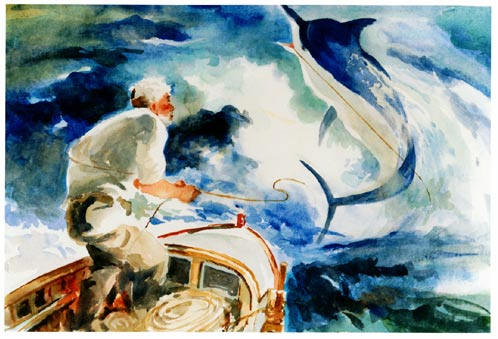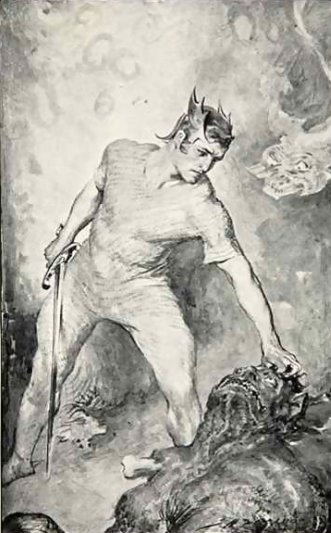So,
To Kill a Mockingbird.
I
don’t think I’m alone in saying it’s one of my favorite books of all time. But
amazingly, until last week, I had never seen the film. Now that that has been
rectified, let’s talk about the movie.
As
with “the Grapes of Wrath,” there were some key omissions in the film version: Calpernia
is almost non-existent as a character, there is no visit to the all-black
church where she and Tom Robinson’s family worship, there’s no uncle Jack, or
Christmas at Finch’s Landing, there’s no house fire to give Boo Radley reason
to cover a startled Scout with a blanket, no morphine rehab for Mrs. Dubose,
and plenty of other edits that strip color and richness from the original. But
while we may have lost some of the scope of Scout’s coming of age story on the
cutting room floor, screenwriter Horton Foote still manages to hone in on the
main drama of the court case, and the main theme of Innocence Lost. The angry
mob is still shamed out of a lynching by Scout, Jem and Dill at the jail. We
still get to see Atticus squeeze the trigger on the mad dog while the Sheriff
soils his drawers. And there was still apparently enough of Atticus’s heroics
and wisdom to nab a Best Actor nod for Gregory Peck.
All
told the film won three Academy Awards (Peck for best actor, Horton Foote for
best Adapted Screenplay, and it also won for Best Art Direction, in addition to
being nominated in 5 other categories) and has gone down as one of the classics
of American cinema. No doubt its appearance in 1962, just two years after the novel’s
release and right in the throes of the Civil Rights Movement, was a huge factor
in its lasting legacy and influence. It has come to epitomize the courtroom
drama genre. (Plus, it gave us the film debut of Robert Duvall, who dyed his
hair blond and stayed out of the sun for six weeks so he could play the
reclusive bogeyman, Boo Radley.)
Is
it a perfect adaptation? No, but it’s a darn, good flick, and it’s true to the heart
of Harper Lee’s Pulitzer-winning masterpiece. Check it out:










